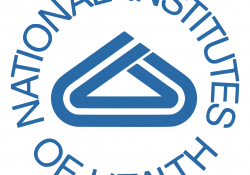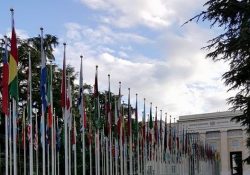The National Institutes of Health, from 2011 through May of 2015, appears to have granted all requests for waivers of a requirement under federal law that patent holders who benefit from U.S. taxpayer-funding ensure that their patented inventions are manufactured in the United States.
The Bayh-Dole Act imposes various requirements on the grant of exclusive licenses by the patent holders of federally-funded inventions. In particular, the act generally requires that exclusive licensees “substantially” manufacture the invention in the United States.
The Act, however, also allows for the patent holder to obtain a waiver on the U.S. manufacturing requirement from the Federal agency that provided for the funding of the invention. According to a FOIA response recently obtained by Knowledge Ecology International, the NIH seems to grant every manufacturing waiver request that comes its way. Continue Reading →


